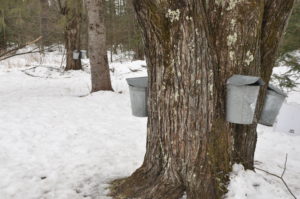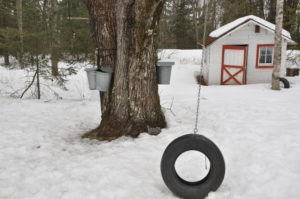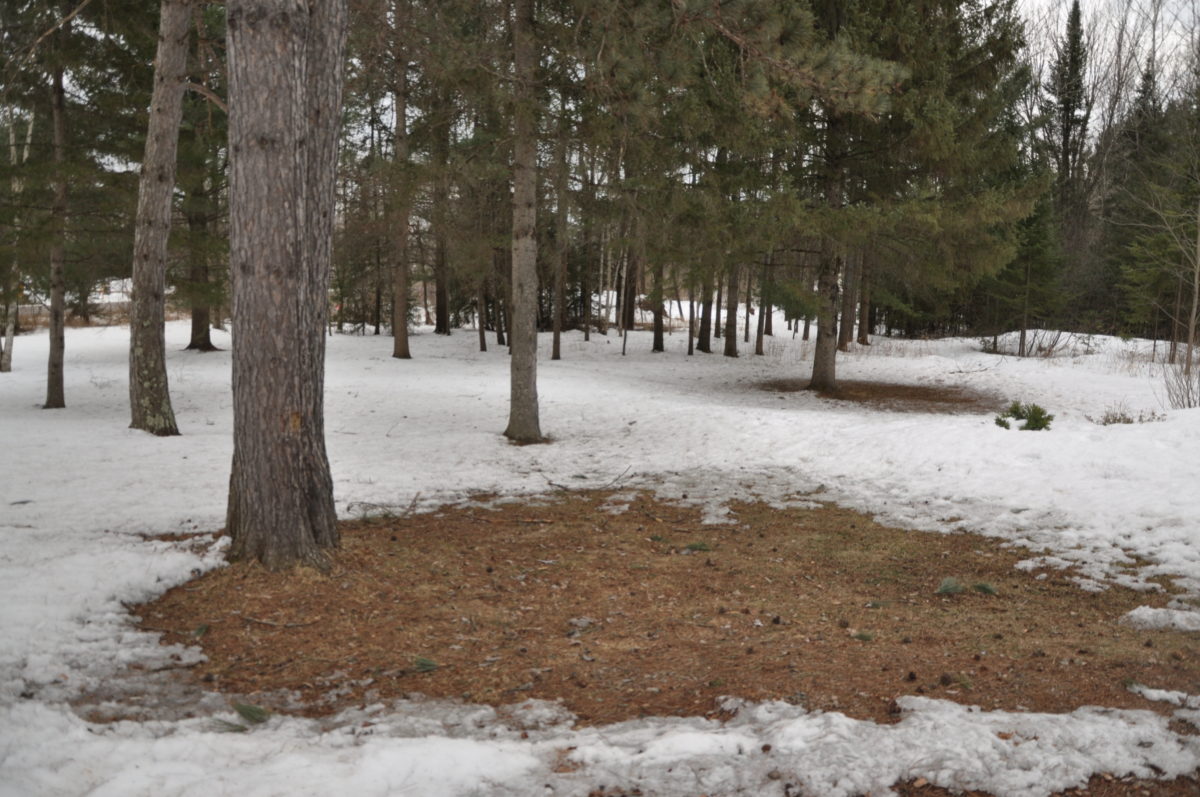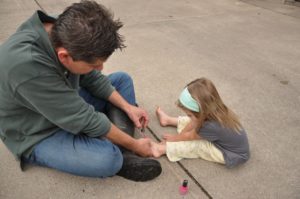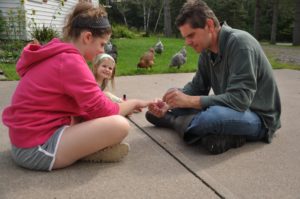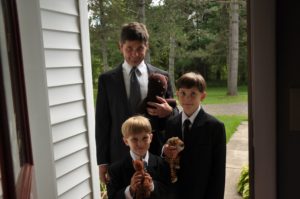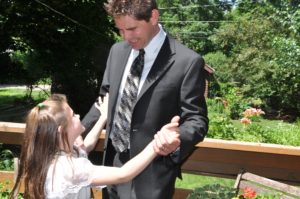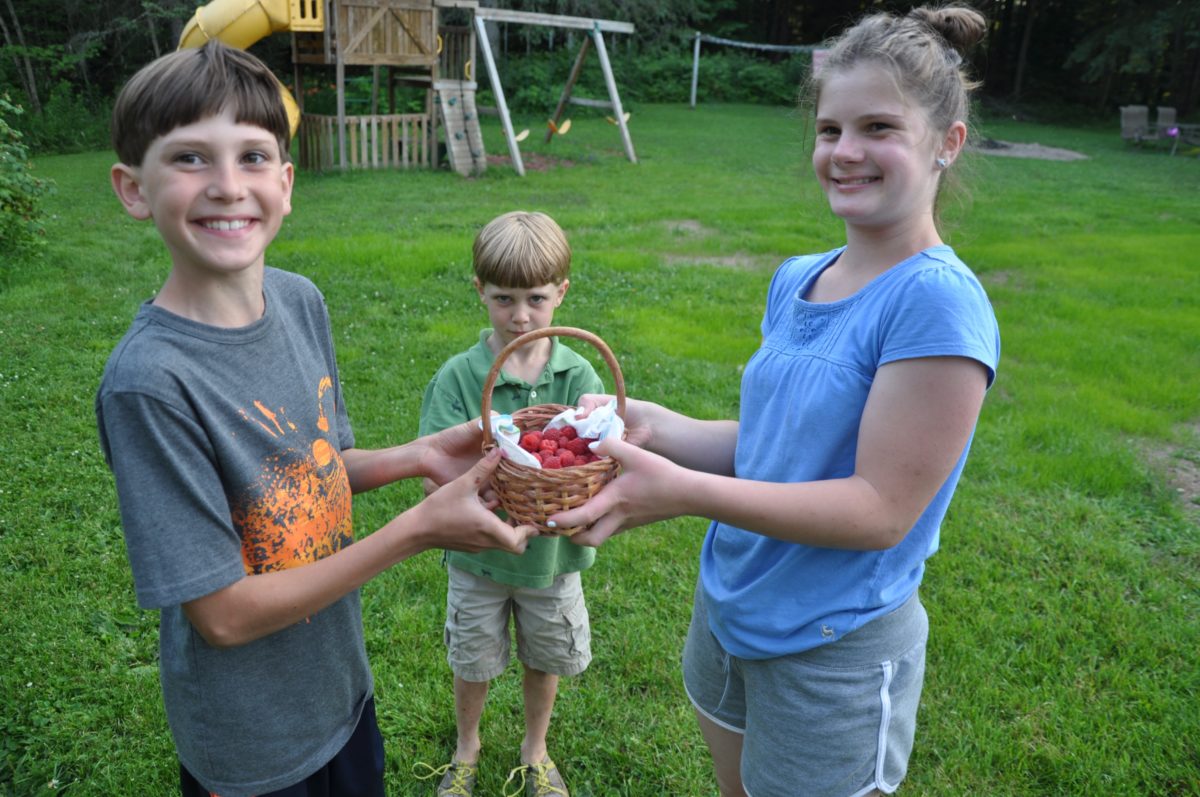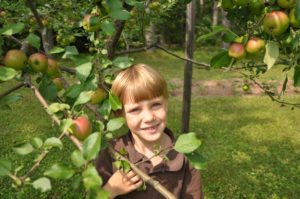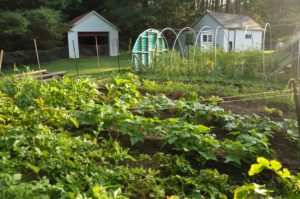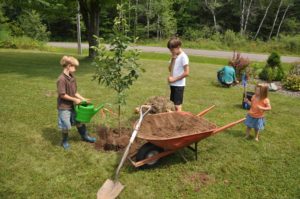
Sunday at Woodland we participate with Christ-followers around the nation in Sanctity of Life Sunday. Being “for” life means serving Christ and suffering for those in crisis in this world while in the face of an enemy.
Our lesson spans the human story and tells of death and life, in Creation … in Crisis … and in Christ. Death in Ezekiel 28 and the fall of the beautiful being who became Satan, but life in Genesis 2 and the mud-man who received God’s breath of life. Death in our first parents’ grasp for power in the fashion of God’s arch-enemy who desired power of his own, but life in God’s severe mercy in expelling our first parents from the Garden. Then, life in Christ himself, who came to put to death our need to find contrived power apart from God’s rightful rule.
It’s in thinking through our own imitation of Satan’s grasping after power like God’s that we have our connection to Sanctity of Life Sunday.
Ancient peoples were not unlike us. They found need to reap power from their circumstances, to appease whatever forces they thought would deliver. And, the better the sacrifice, the more the power. So goes the reasoning.
For Ancient Near Eastern Moabites, and even wayward Israelites, this meant (the horror of it!) sacrificing their children to Molech, or his Phoenician counterpart, Baal. What god could resist delivering rain or other necessities for such a sacrifice? More sophisticated, later Greeks and Romans abandoned their infants (particularly baby girls) in exchange for the power of stature in society. Consider the candidness of one Roman, Hilarion, in writing to his pregnant wife, “If you are delivered of a child before I come home, if it is a boy, keep it, if a girl, discard it …”
We haven’t come much further, and Ancients weren’t the fools we sometimes think them. For many today, the gods are just different—upward mobility, career advancement, affluence, leisure, education; the “good life”. All forms of power by some estimations. And, for a heart-rending many intent to tap these modern forces, the price of unborn life does not seem to high.
Enter Christ. Legitimate in power, He is Life itself (Jn 1:4, 5:26; 1 Jn 5:12). But, with Him also comes death: His (1 Pet 2:24); in a mysterious way, ours (Gal 2:20); and then, our desire to find power apart from Him (Rm 12:2), and even our shame in having dabbled or plunged into the culture of death (Heb 10:22; 1 Jn 3:20-21). Glory be!
Now, for those of us knowing life in Christ, being “for” life means going back into the crisis. There, filled with the Spirit and armed with the Gospel and prayer, we identity with the powerless—the unborn, but also their mothers, their fathers, their families. We consider that pro-life is “whole-life” and include the mentally handicapped, the elderly, the refugee, the otherwise healthy children in our Sunday schools, powerless because they are children.
Ours is the blessed task of ministering the Gospel to see the powerless reconnected to the rightly rule of the Father. And, in identifying with the powerless, we suffer with them in the face of an enemy. It’s an old story. It is the story.
Questions for application and group discussion
Find a friend, or a group of friends, and consider the verses listed throughout the post. Then, consider these thought questions:
What persons or things die with the coming of Christ?
How is it possible for holiness and shame to grow side-by-side in the life of a Christian?
How does Satan use shame to debilitate in the life of a Christian? (1 Pet 5:18; Rev 12:2)
Why is it important to separate the (objective) guilt of sin that is forgiven when a person trusts Christ from the (subjective) sense of shame that results? (Heb 10:22; 1 Jn 3:20-21)
Who are the powerless my my/our web of relationships?
What groups of people are being left out or overlooked in the church family where I/we serve?
What would it look like for me to join with others in serving these groups and suffering with them?
